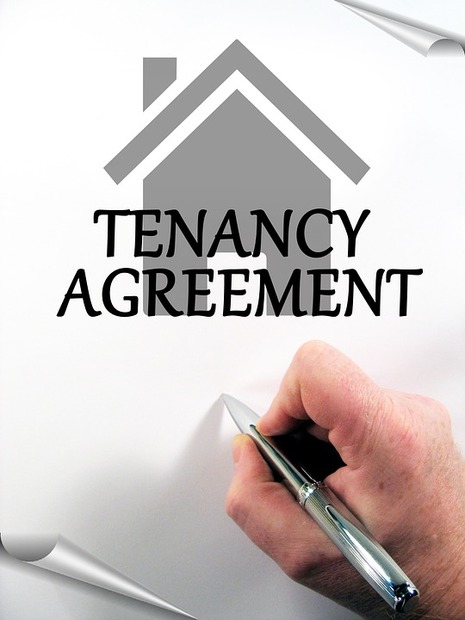Starting from 1st October 2018, landlords must hold a licence for Houses in Multiple Occupation (HMO), and failure to do so may force them to pay back a year’s worth of rent.
This new rule is an amendment to the 2006 regulations made under the Housing Act. It requires landlords who manage an HMO with five or more occupants who are not from the same family to hold a licence, no matter how many storeys the house is.
An HMO can include:
- Guesthouses, hostels, some hotels
- A house being let as individual bed sitting rooms
- A group of rooms on each floor being let to single occupants, sharing facilities
- Lodgings and shared houses
What exactly is the point of these licences?
HMO licences have been designed in order to ensure landlords are providing homes that meet acceptable standards. Furthermore, it allows the local authority to monitor the amount of HMOs in the area more closely, giving them detailed insight into local housing and transport needs.
The National Landlords Authority has warned that tenants living in shared houses in England may be at risk of facing eviction or increases in rent.
Tenants Union UK believes it would be unfair on tenants if landlords increased rent at all.
An additional 160,000 HMOs will now have to be registered with local councils, which is almost triple the current figure.
Landlords who manage a property that is already categorised as an HMO are required to apply for a licence too, as well as those who are currently in the process of acquiring a renting property which comes under this category.
Cllr Donald Nannestad, Portfolio Holder for Quality Housing at City of Lincoln Council, said: “If you are a landlord in Lincoln and have a house in multiple occupation, you will be required by law to have a licence if you have five or more people living in the same house, but are not from the same family unit.”
For existing houses in multiple occupation, there are extra requirements being put in place, e.g. to include minimum sleeping room sizes and to provide waste facilities.
Mr Nannestad emphasised how important it is for landlords to comply with the new rules and beware of the potential penalties. Failure to apply for a licence could mean that the landlord will face a hefty fine or tenants may claim back 12 months’ worth of rent.
It is expected that there will be an extra 600 licence applications in Lincoln following this new rule. To deal with the inevitable busyness of this application process for so many people, Lincoln Council have created an online HMO licensing portal, making it easier for landlords to apply for a licence.
Will landlords buckle under the financial pressure and increase rent for their tenants?




